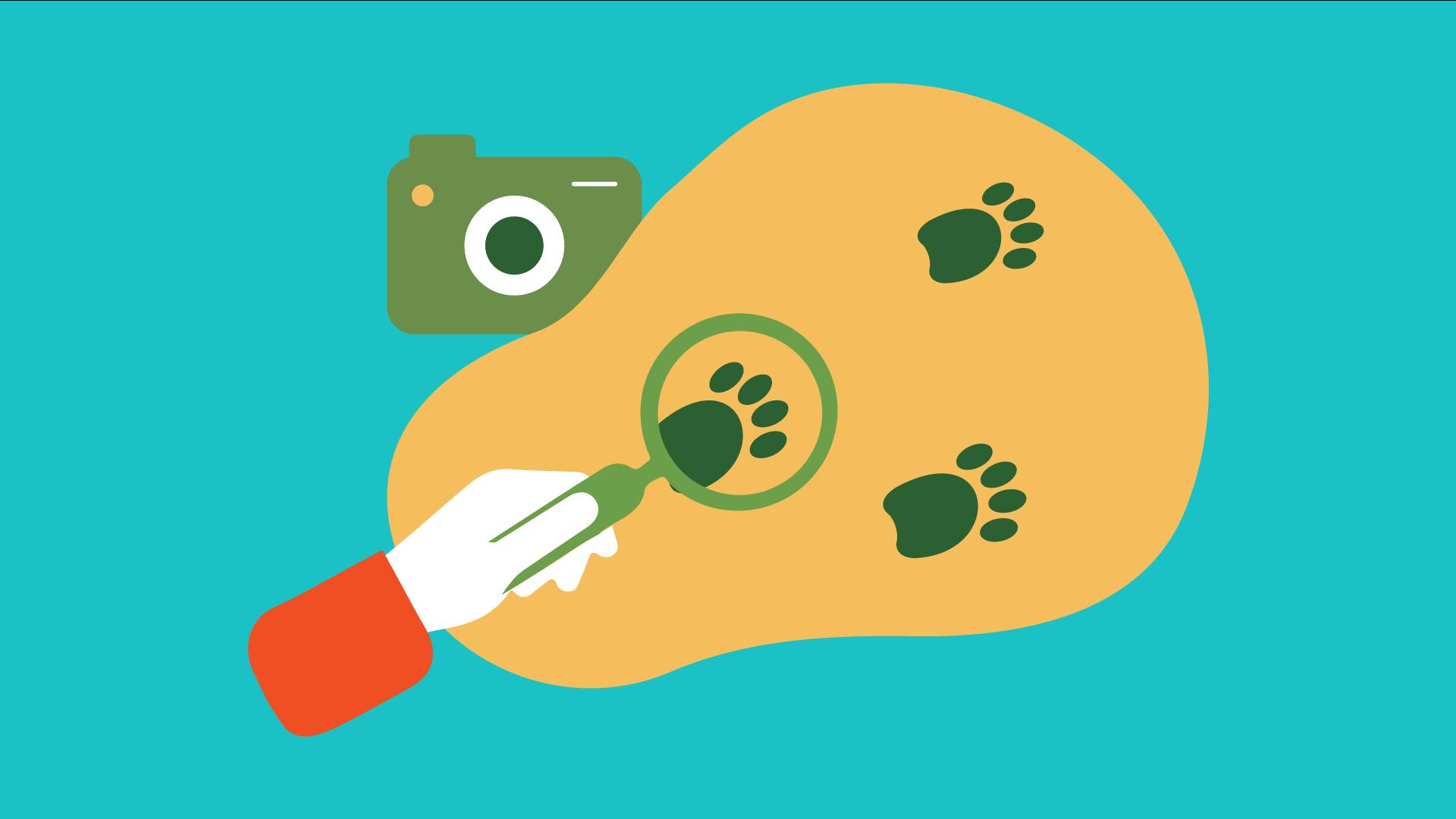
Give as a gift
Being an investigative journalist might sound like thrill and intrigue sustain one’s thirst for astonishing adventures with a side of glory. Our panelists, two of whom are premiering their films for the first time in India at ALT EFF 2020, will discuss what it means to pursue their passion projects. How much time is spent on intensive research and fact-finding? What is the personal sacrifice? What does it really take to be an investigative journalist, especially in the environmental space?
Meet the Panelists:
Susan Scott has been making documentary films for nearly twenty years now and directed the crowd-funded independent film STROOP on the rhino poaching crisis, which is showing at ALT EFF this year. Not only has she worked with some of the best wildlife and documentary filmmakers on the planet, she has gone on to win a Jackson Hole Wildlife Film Festival award for Best Editing, three SAFTAs as well as several international awards for her cutting.
Nitye Sood is a Green-Oscar nominated filmmaker and wildlife cameraman who filmed and co-produced Peng Yu Sai - an investigative documentary on the illegal Manta Ray trade across Asia, showing at ALT EFF 2020. Nitye has worked on a wide range of global broadcast productions for National Geographic, Animal Planet, Netflix and Al Jazeera. In more recent years he has turned his attention to creating films that can inspire conservation action and tangible change on the ground.
Yashaswini Raghunandan is an artist and filmmaker. She received a Post Graduate Diploma at The Social Communications Media Department Sophia in Bombay. She wrote several long and short film scripts before developing a special interest in sound and its narrative potentiality after her graduation at the Royal College of Art in 2015. Currently, she is a resident at the Rijksakademie in Amsterdam. Her film That Cloud Never Left world premiered at IFFR 2019.
Rishika Pardikar is a freelance journalist writing for @TheWireScience, @third_pole, @AGU_Eos, @Article14live and @Sojourners from Bangalore, India. She is a grantee of the Earth Journalism Network, which empowers and enables journalists from developing countries to cover the environment more effectively.
Being an investigative journalist might sound like thrill and intrigue sustain one’s thirst for astonishing adventures with a side of glory. Our panelists, two of whom are premiering their films for the first time in India at ALT EFF 2020, will discuss what it means to pursue their passion projects. How much time is spent on intensive research and fact-finding? What is the personal sacrifice? What does it really take to be an investigative journalist, especially in the environmental space?
Meet the Panelists:
Susan Scott has been making documentary films for nearly twenty years now and directed the crowd-funded independent film STROOP on the rhino poaching crisis, which is showing at ALT EFF this year. Not only has she worked with some of the best wildlife and documentary filmmakers on the planet, she has gone on to win a Jackson Hole Wildlife Film Festival award for Best Editing, three SAFTAs as well as several international awards for her cutting.
Nitye Sood is a Green-Oscar nominated filmmaker and wildlife cameraman who filmed and co-produced Peng Yu Sai - an investigative documentary on the illegal Manta Ray trade across Asia, showing at ALT EFF 2020. Nitye has worked on a wide range of global broadcast productions for National Geographic, Animal Planet, Netflix and Al Jazeera. In more recent years he has turned his attention to creating films that can inspire conservation action and tangible change on the ground.
Yashaswini Raghunandan is an artist and filmmaker. She received a Post Graduate Diploma at The Social Communications Media Department Sophia in Bombay. She wrote several long and short film scripts before developing a special interest in sound and its narrative potentiality after her graduation at the Royal College of Art in 2015. Currently, she is a resident at the Rijksakademie in Amsterdam. Her film That Cloud Never Left world premiered at IFFR 2019.
Rishika Pardikar is a freelance journalist writing for @TheWireScience, @third_pole, @AGU_Eos, @Article14live and @Sojourners from Bangalore, India. She is a grantee of the Earth Journalism Network, which empowers and enables journalists from developing countries to cover the environment more effectively.
